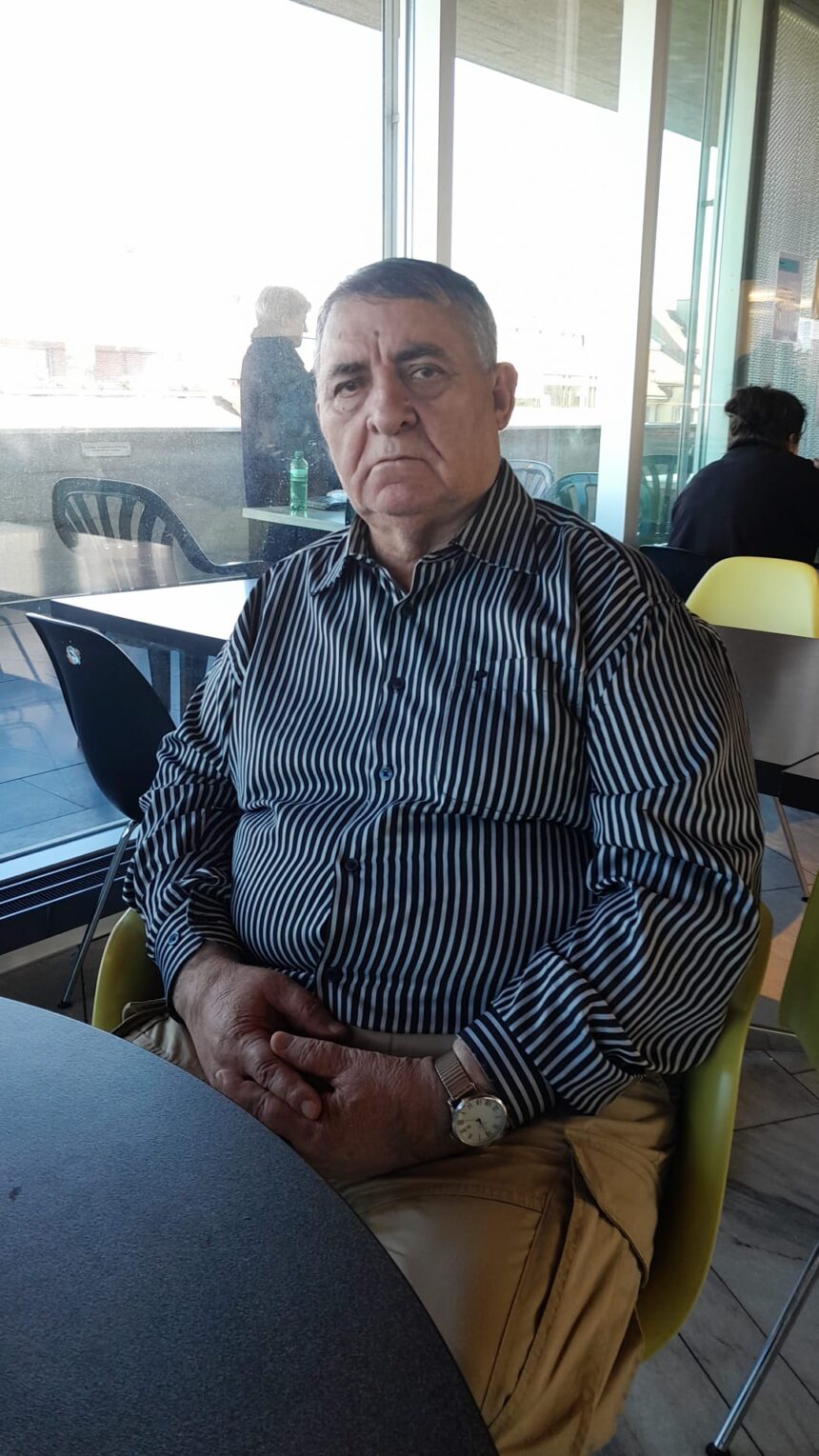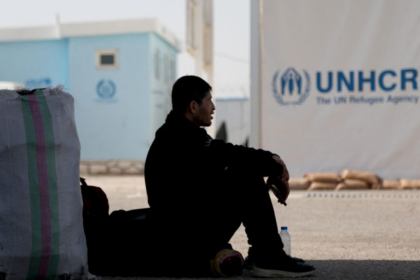RASC News Agency: Prominent Afghanistani political commentator Ahmad Saeedi has issued a forceful denunciation of recent derogatory statements targeting the Persian language and its cultural heritage. In a sharply articulated essay, Saeedi underscored that Afghanistan is the common homeland of all its ethnic groups, and warned against the dangers of fueling ethnic and linguistic animosities. Saeedi’s response follows a wave of inflammatory rhetoric disseminated by certain individuals, including one Nusratullah an employee of the Taliban’s Ministry of Interior who recently launched a verbal attack on Persian speakers and the Persian language. Saeedi condemned such utterances as manifestations of ignorance, driven by prejudice and devoid of historical or cultural awareness.
“These voices represent neither national consciousness nor an informed understanding of our cultural patrimony,” Saeedi wrote. “They speak from a place of narrow-mindedness, undermining the fabric of a nation already tested by decades of division.” Drawing a broader connection, Saeedi referenced controversial remarks by Taliban Minister for the Promotion of Virtue, Khalid Hanafi, who had recently described non-Muslims as “beasts of burden.” Saeedi criticized such language as emblematic of a deeper crisis: a lack of self-awareness and an absence of moral and intellectual introspection among some elements of the current regime. “One must first understand oneself before passing judgment on others,” he asserted.
Turning to the subject of the Persian language itself, Saeedi lauded it as one of the most refined and timeless cultural treasures in human history. “The Persian language and its civilizational wealth are incomparable,” he wrote, emphasizing that no other language can rival the breadth and depth of its literary and philosophical legacy. He invoked the towering figures of classical Persian literature Hafez, Rumi, Ferdowsi, Saadi, and others whose works continue to illuminate the human spirit across generations and borders. Expressing deep regret over the recent wave of cultural denigration, Saeedi described the Persian language and its associated traditions as “a priceless inheritance of humanity that must be treated with reverence.” He concluded his piece with a poetic line, evoking the enduring dignity of humility and cultural authenticity: “What radiant, jewel-stitched robe do you claim to possess that is purer than my patched and weathered cloak?”
In closing, it is essential to note that Persian is not only a principal language of Afghanistan but also a vital cultural force across the region from Iran and Tajikistan to parts of Central Asia and South Asia. Its preservation and promotion, Saeedi argued, are critical to fostering a unified cultural identity, especially at a time when ideological extremism threatens to erase the plurality that once defined Afghanistan’s social landscape.






